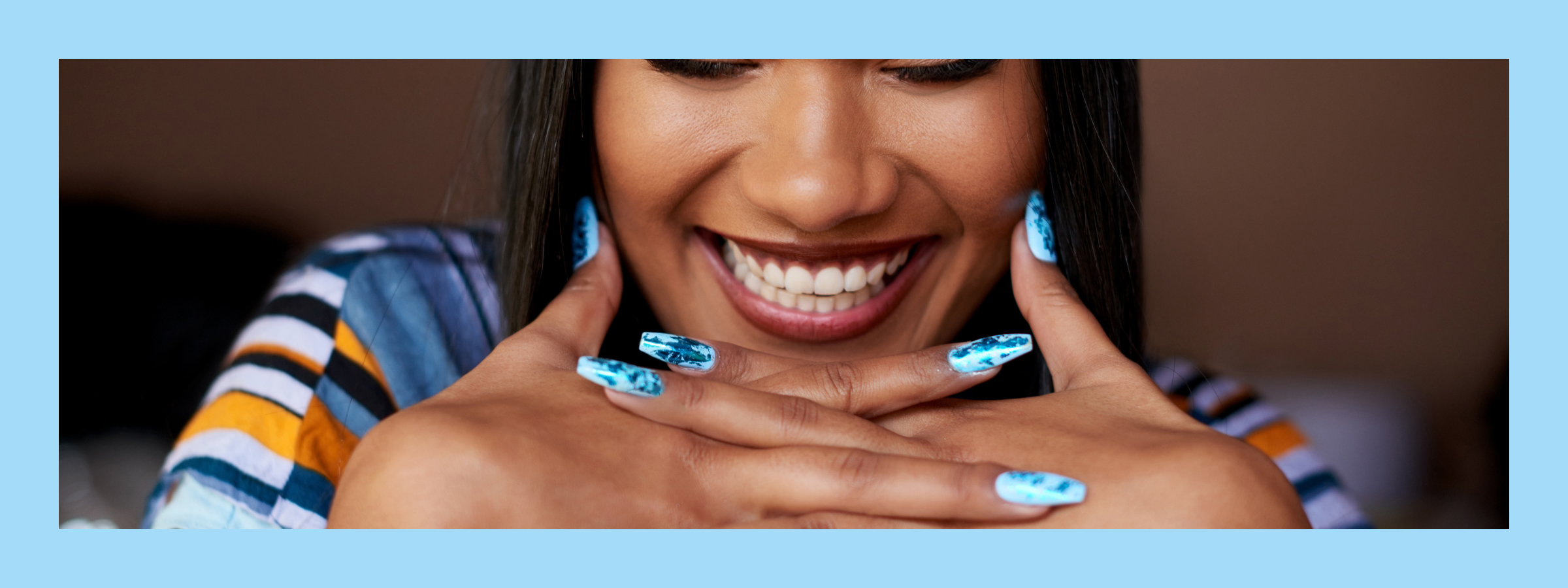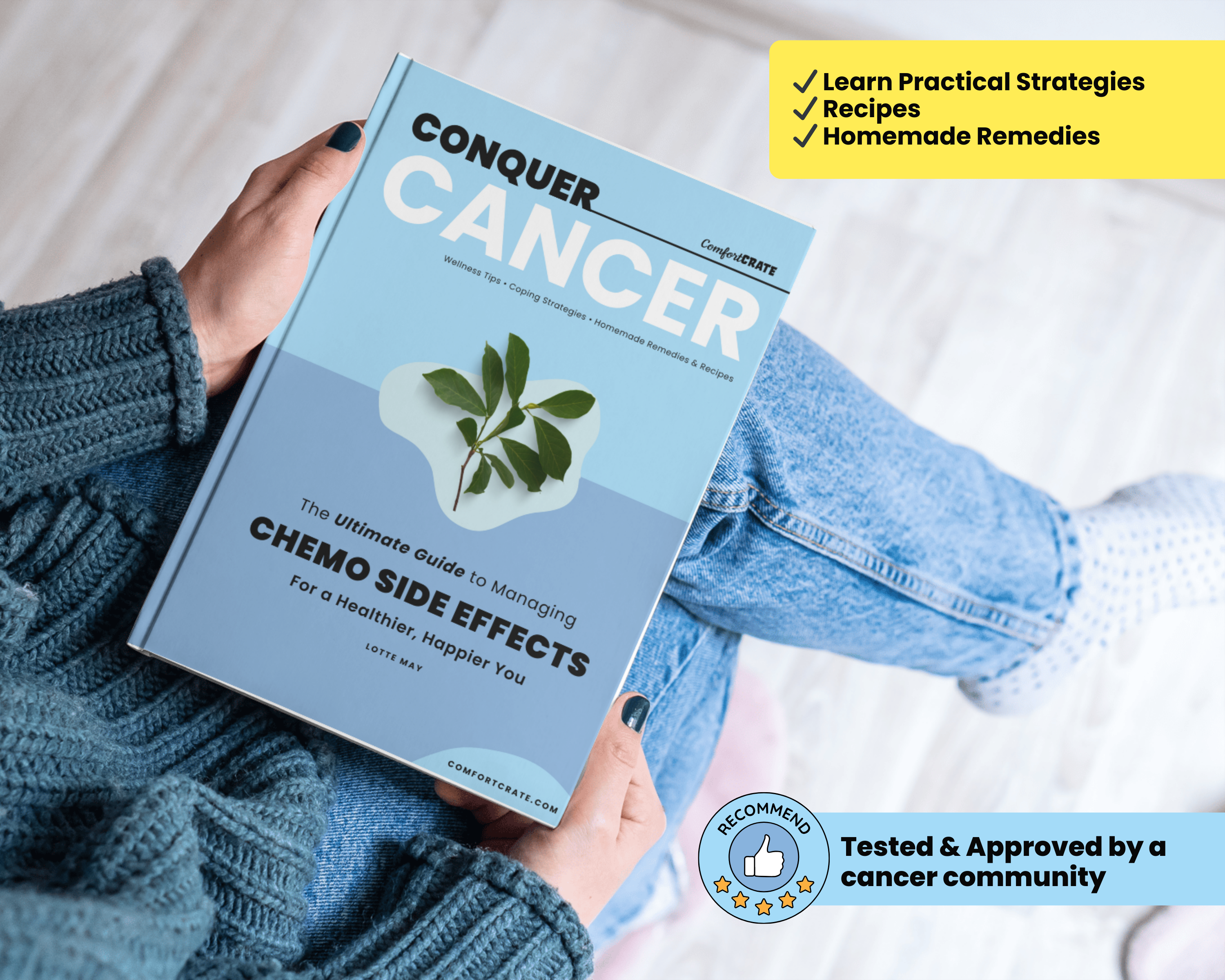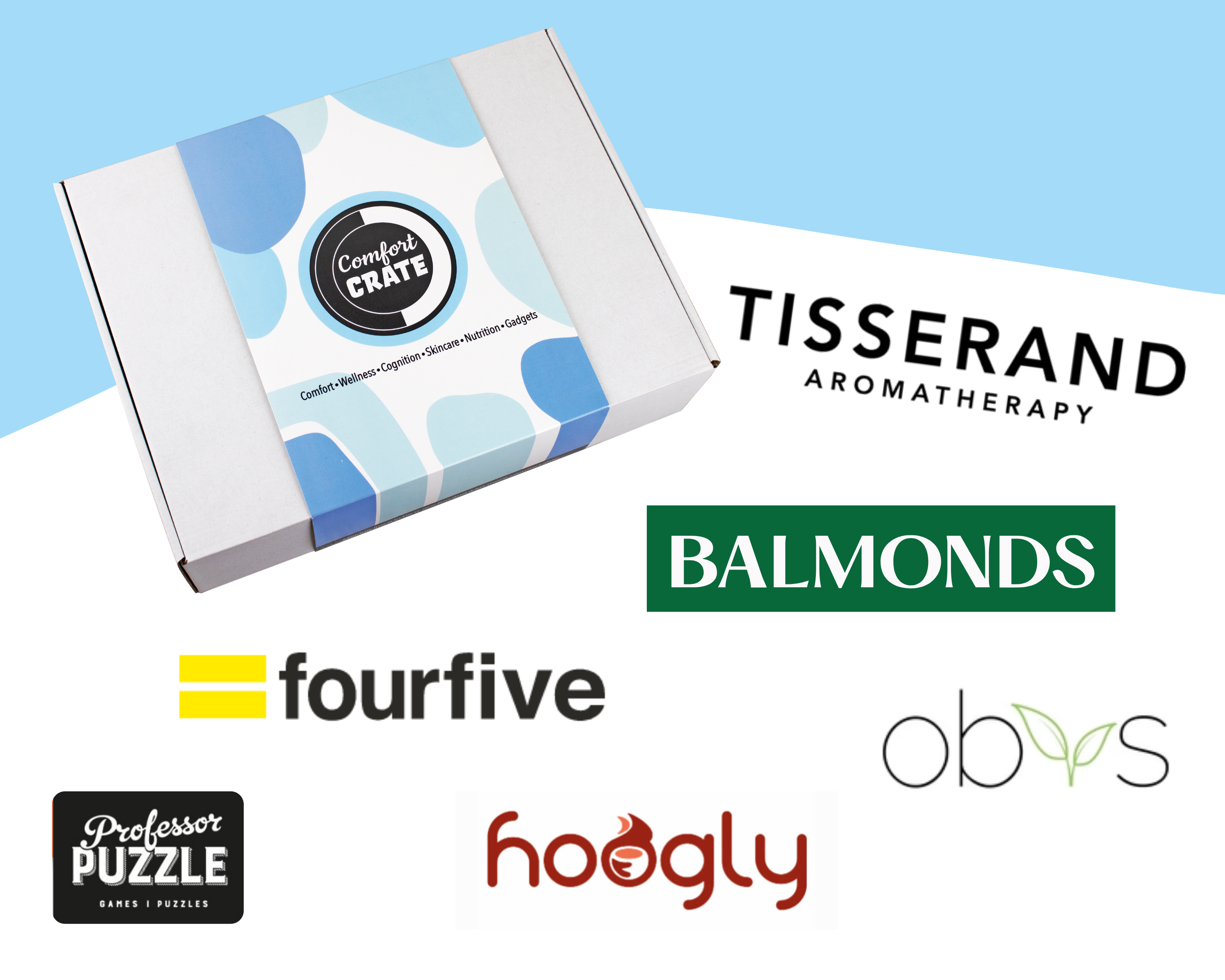
Navigating Nail Changes During Chemotherapy: A Guide to Prevention and Care
Table of Contents:
Why Do Nails Change?
Can Chemo Cause Nail Loss?
Symptoms
Permanent Changes
Nail Care
Chemotherapy is a powerful treatment used to treat cancer. However, it often comes with a range of side effects, including changes to nail health, often referred to as "chemo nails." This guide aims to shed light on why these changes occur, what to look out for, and how to care for your nails during this challenging time.
Why Do Nails Change?
Chemotherapy works by attacking rapidly dividing cells in the body — a hallmark of cancer cells. However, it can’t differentiate between harmful cancer cells and healthy cells that also divide quickly. One of the most commonly affected areas is the nail matrix, the part of your nail bed responsible for nail growth. When chemotherapy impacts this area, it disrupts normal nail production, resulting in a wide range of changes.
Nails may become weaker, thinner, or discoloured, and growth may slow significantly. The severity and type of changes can vary depending on the specific chemotherapy drugs used, the duration of treatment, and your individual body chemistry. In some cases, you may notice changes to your nails shortly after starting treatment; in others, it may take several cycles to become noticeable. Nail changes can occur in both fingernails and toenails, and they may affect all nails or just a few.
Can Chemo Cause Nail Loss?
Yes, in some cases, chemotherapy can lead to partial or complete nail loss — a condition known as onycholysis. This occurs when the nail separates from the nail bed due to weakened structures and inflammation. As chemotherapy interferes with normal nail development, the nails can become more fragile and less able to anchor securely to the nail bed. This may lead to nails becoming loose, lifting, or even falling off entirely.
Some patients also experience pain, swelling, and redness around the nail, especially if the area becomes infected or inflamed. This condition, called paronychia, can be both uncomfortable and distressing. While not everyone will experience nail loss, those undergoing treatment with drugs like taxanes or anthracyclines are more likely to be affected. If you do notice nail loosening or increased tenderness, speak to your healthcare provider to ensure the area is monitored and treated if needed.
Common Symptoms of Chemo Nails
- Fissures: Small cracks or tears in the nail plate.
- Hemorrhage: Tiny red lines indicating bleeding under the nail.
- Hyperpigmentation: Darkening of the skin or nails.
- Paronychia: Inflammation and redness of the nail bed.
- Onycholysis: Lifting of the nail plate.
- Nail Loss: Complete loss of the nail plate.
- Ridges or Lines: Textural changes in the nails.
- Koilonychia: Flattened or concave nails, often linked to anaemia.
- Beau's Line: Temporary nail growth cessation.
- Subungual Lesions: Dark areas near the cuticle.
Permanent Changes
The reassuring news is that in most cases, nail changes caused by chemotherapy are temporary. As your body recovers from treatment, the nail matrix begins functioning normally again, allowing healthy nails to grow out. However, it’s important to remember that nail growth is slow, and it can take several months for visible improvements — especially for toenails, which grow more slowly than fingernails.
In rare cases, some individuals may notice long-lasting changes such as ridges, discolouration, or texture differences that persist even after treatment ends. These are usually cosmetic and do not indicate ongoing health concerns. With proper nail care and patience, most people regain full nail health over time. Using moisturisers, avoiding trauma, and maintaining gentle care practices can all help support recovery and reduce the chance of long-term damage.
Nail Care During Chemotherapy
- Moisturise: Keep nails and cuticles hydrated.
- Protective Measures: Use gloves during chores.
- Trim Nails: Keep nails short to prevent damage.
- Gentle Products: Avoid harsh chemicals in nail care products.
- Dark Nail Polish: Use non-toxic polish to cover discolouration.
- Post-Chemo Care: Follow a nail-strengthening routine after treatment.
CLICK HERE for our carefully curated skincare set. Includes high-quality, dermatologist-recommended products for hydration, protection, and relief from chemo skin side effects—all tested and approved by people who’ve been through it.
By understanding these effects and taking preventive steps, you can maintain better nail health during and after chemotherapy. For more tips on managing chemo side effects, check out our skincare guide.









Leave a comment
This site is protected by hCaptcha and the hCaptcha Privacy Policy and Terms of Service apply.